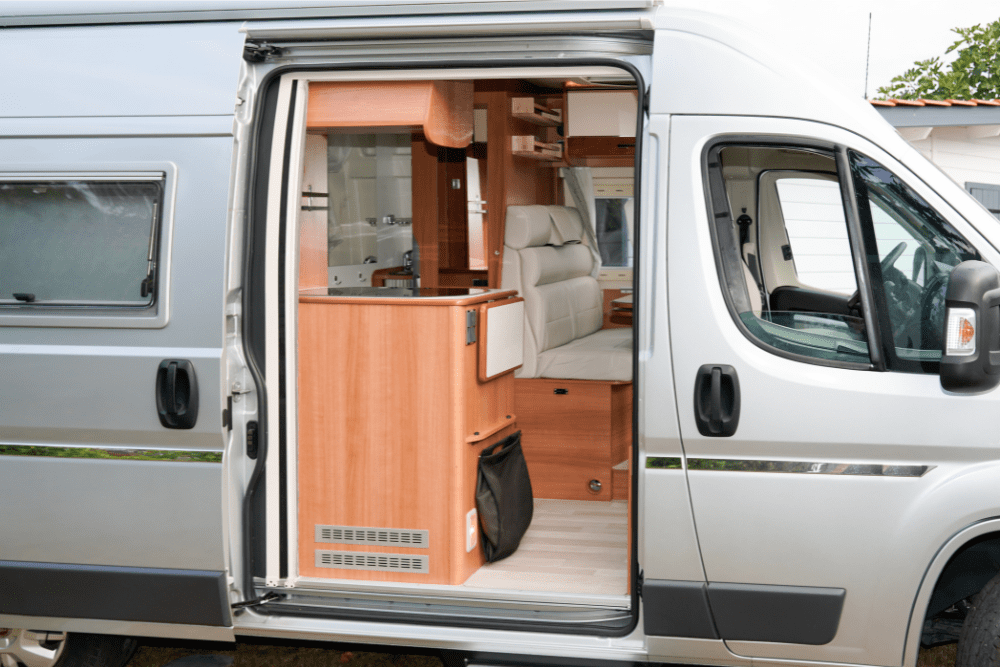Purchasing a recreational vehicle (RV) is not just buying a vehicle; you’re acquiring a lifestyle. However, to ensure your purchase is safe, an RV inspection is crucial. Here’s a comprehensive step-by-step guide to help you navigate the process, ask the right questions, and identify potential issues.
Step 1: Understand the Types of RV Inspections
Before diving into the inspection, it’s important to know that not all RV inspections are the same. They can range from basic to detailed, and choosing the right level of inspection depends on the age, price, and condition of the RV. Ensure the inspection covers at least the following:
- Engine and drivetrain
- Electrical systems, including both AC and DC components
- Plumbing systems
- Propane systems
- Interior components including appliances and sleep areas
- Exterior elements including the body, windows, and seals
Step 2: Choose a Qualified Inspector
Selecting an experienced and impartial inspector is critical. Look for certifications from reputable organizations like the National RV Inspectors Association. Ensure they have a background in RV-specific systems, not just general automotive mechanics.
Step 3: Be Present During the Inspection
If possible, attend the inspection. Being present allows you to see firsthand any issues the inspector uncovers and ask questions directly. It also enables the inspector to point out both the good and the problematic aspects of the RV.

Step 4: Review the Engine and Mechanical Systems
The heart of your RV is its engine and mechanical systems. Ensure the inspector checks the:
- Engine for performance issues and potential leaks
- Transmission for smooth operation and signs of wear
- Brakes for safety and longevity
- Suspension system for stability and integrity
Step 5: Check Electrical and Plumbing Systems
Since RVs are equipped to provide residential-style amenities, checking the electrical and plumbing systems is non-negotiable. The inspection should include:
- Operation of all interior and exterior lights
- Condition of the battery and generator
- Functionality of the water pump, heater, and any leaks in the water system
- Condition and safety of the propane system
Step 6: Inspect the Interior for Comfort and Safety
The interior of the RV is where you’ll spend a lot of your time, so it should be comfortable and safe. Ensure the inspection assesses:
- All built-in appliances and entertainment systems
- Functionality of the heating and cooling systems
- Condition of furniture and sleep areas
- Signs of mold, water damage, or unpleasant odors
Step 7: Evaluate the Exterior and Structural Integrity
The exterior and structural integrity of the RV protect you from the elements and road conditions. The inspection should include:
- Examination of the bodywork for dents, scratches, and rust
- Inspection of the roof, windows, and seals for leaks or damages
- Condition of tires, including tread depth and age
- Functionality of slides, awnings, and leveling systems
Step 8: Test Drive the RV
A test drive is not just about seeing if the RV can move. It’s about understanding how it handles on the road. Pay attention to:
- Engine performance and handling characteristics
- Braking responsiveness
- Noise levels and vibration during operation
Step 9: Ask Questions and Review the Inspection Report
After the inspection, review the report in detail with the inspector. Ask questions about any findings and their implications. Some critical questions include:
- What are the immediate repairs needed?
- Are there any potential future problems?
- How does the RV’s condition compare with others of a similar age and model?
Step 10: Make an Informed Decision
Use the information from the inspection report to make an informed purchase decision. If there are major issues, consider whether you’re willing to undertake repairs or if it’s better to walk away.
Order an RV Pre Purchase Inspection with Us Today
A thorough RV inspection mitigates risks and ensures that your new vehicle is safe and roadworthy. Remember, the cost of an inspection is minimal compared to the expense of unforeseen repairs. With the right preparation and a detailed inspection, you can look forward to many safe and enjoyable adventures in your new home-on-wheels.
For more support and expert RV inspection services, ensure you partner with certified professionals at Vehicle Pre Buy Inspection Service who can provide the thorough evaluation you need to make your purchase with confidence.
